23 Companies and Their Bone-Headed Decisions that Went Bad
Nathan Johnson
Published
12/11/2022
in
ouch
Building a business from the ground up is incredibly difficult. But sometimes a company shoots itself in the foot.
Here are some of the most detrimental business moves that we've ever seen.
- List View
- Player View
- Grid View
Advertisement
-
1.
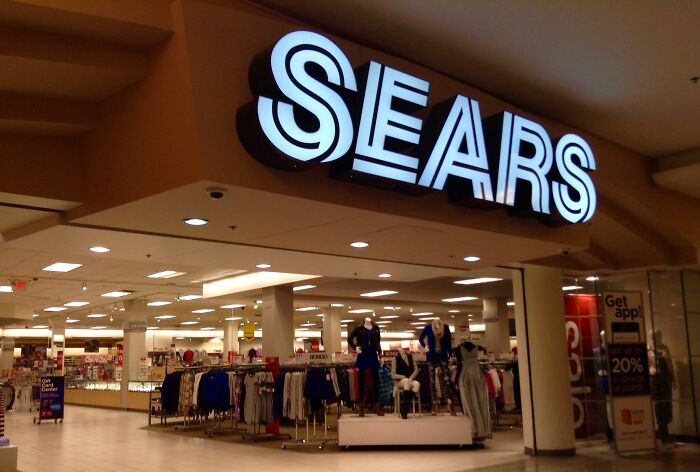 Sears ended their catalog/mail order business in 1993. For over 100 years they had sold everything from hubcaps to houses via mail order and shipped them all over the country.
Sears ended their catalog/mail order business in 1993. For over 100 years they had sold everything from hubcaps to houses via mail order and shipped them all over the country.
Amazon was founded in 1994. -
2.
 JCPenney tried to stop BSing customers and it backfired. They said no more sales, they’re just going to price everything low, because pretty much all sales at department stores are lies anyway. You’re not really getting 70% off, the retail price was deliberately set stupid high to convince you it was a great deal. But the discount price is the actual value of it.
JCPenney tried to stop BSing customers and it backfired. They said no more sales, they’re just going to price everything low, because pretty much all sales at department stores are lies anyway. You’re not really getting 70% off, the retail price was deliberately set stupid high to convince you it was a great deal. But the discount price is the actual value of it.
So yeah JCPenney’s heart was in the right place but ultimately it failed because customers are really that dumb and would rather be lied to. -
3.
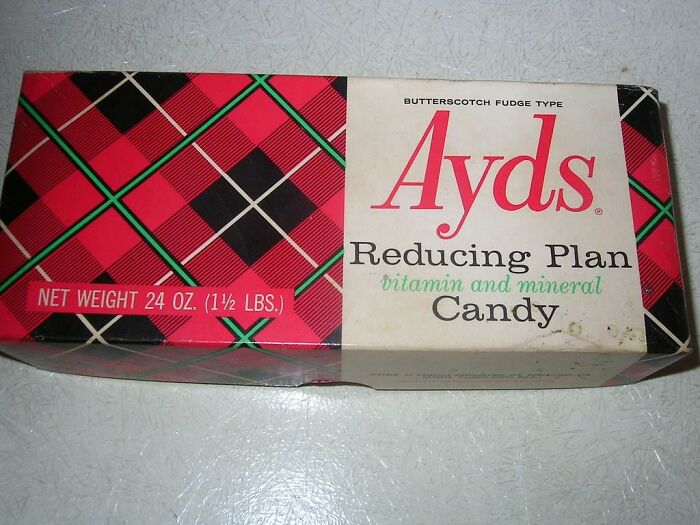 Ayds diet candy.
Ayds diet candy.
They didn’t change their name after the emergence of the AIDS virus. -
4.
 Photobucket changing its tos back in 2017 to require a yearly fee for all those images you previously posted on it for free.
Photobucket changing its tos back in 2017 to require a yearly fee for all those images you previously posted on it for free. -
5.
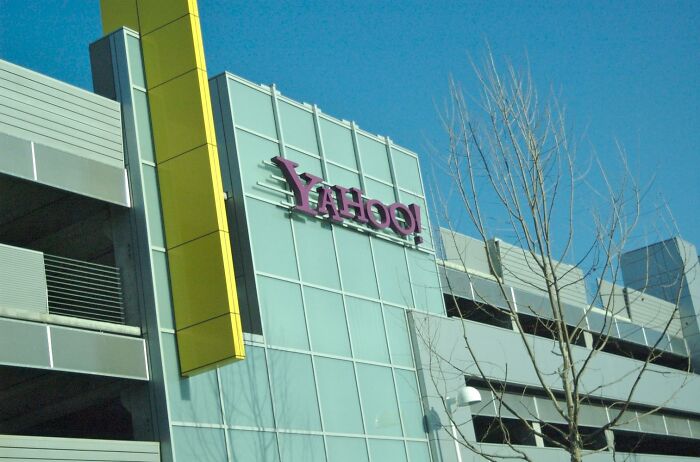 In 1998 Yahoo refused to buy Google for $1 million.
In 1998 Yahoo refused to buy Google for $1 million.
In 2002 Yahoo offered to buy Google for $3 billion, but Google wanted $5 billion. Yahoo refused the offer.
In 2006 Yahoo was to buy Facebook for $1.1 billion, but Yahoo's CEO lowered it to $800 million and Facebook backed out.
In 2008 Microsoft offered to buy Yahoo for $44.6 billion, but Yahoo refused.
In 2016 Verizon bought Yahoo for $4.6 billion. -
6.
 A bakery that sold cupcakes and cookies (no full-sized cakes) across the street from a liberal arts high school. The school is known for not only being VERY arts-centric but also for being very LGBT-friendly. If I had to guess, I'd say that a full 33% of the kids there are LGBT of some type. EVERY student is supportive of LGBT rights and has had protests in support (often, with the school's staff being supportive and helping to organize and have a safe area for them to protest in). The neighborhood is VERY artsy and LGBT-Friendly. The kids would come in every morning before school, pop across the street at lunch, and stop by before heading home after school. The Bakery made BANK on these kids. The parents would buy from there for birthday parties and events all the time (like 6 doz. cupcakes for the birthday). So they were doing well. Suddenly, "baker's rights" became a thing and refusing to make a gay wedding cake was all over Fox News. The owners of the shop were Fox News watchers and thought to themselves, "Yeah, why should we bake a gay cake?" They proceeded to put a sign in their window announcing to the world that they were Christians and wouldn't bake a gay wedding cake. REMINDER: THEY DIDN'T DO WEDDING CAKES AT ALL!!! Furthermore, nobody had asked them to do one. Strangely, they went under in just over four months. It's almost like advertising your prejudices against the people you depend on for your income isn't a good idea. Not only did the kids stop going, but they told their parents and their other friends' parents not to go there anymore because they're prejudiced. So their ENTIRE customer base stopped going. The houses on that street are, no joke, 50% owned by well-to-do LGBT couples. So they even lost their foot-traffic business. By the time they figured out their mistake, it was too late. It was burned in the community's mind that this was NOT where you wanted to shop. Of course, they screamed and ranted about how they were being persecuted by people not spending their money at their shop, how they were being "attacked" for their beliefs by the kids going to McDonald's instead of their shop. IDIOTS! They had it made. But they had to open their traps and spew hate on their own customer base. They could have been in business for another 40 years! That school expanded a couple of years later to add another full building and a further 500 kids, merging with the city's public school system, which FURTHER would have increased their customer-base. SMH.
A bakery that sold cupcakes and cookies (no full-sized cakes) across the street from a liberal arts high school. The school is known for not only being VERY arts-centric but also for being very LGBT-friendly. If I had to guess, I'd say that a full 33% of the kids there are LGBT of some type. EVERY student is supportive of LGBT rights and has had protests in support (often, with the school's staff being supportive and helping to organize and have a safe area for them to protest in). The neighborhood is VERY artsy and LGBT-Friendly. The kids would come in every morning before school, pop across the street at lunch, and stop by before heading home after school. The Bakery made BANK on these kids. The parents would buy from there for birthday parties and events all the time (like 6 doz. cupcakes for the birthday). So they were doing well. Suddenly, "baker's rights" became a thing and refusing to make a gay wedding cake was all over Fox News. The owners of the shop were Fox News watchers and thought to themselves, "Yeah, why should we bake a gay cake?" They proceeded to put a sign in their window announcing to the world that they were Christians and wouldn't bake a gay wedding cake. REMINDER: THEY DIDN'T DO WEDDING CAKES AT ALL!!! Furthermore, nobody had asked them to do one. Strangely, they went under in just over four months. It's almost like advertising your prejudices against the people you depend on for your income isn't a good idea. Not only did the kids stop going, but they told their parents and their other friends' parents not to go there anymore because they're prejudiced. So their ENTIRE customer base stopped going. The houses on that street are, no joke, 50% owned by well-to-do LGBT couples. So they even lost their foot-traffic business. By the time they figured out their mistake, it was too late. It was burned in the community's mind that this was NOT where you wanted to shop. Of course, they screamed and ranted about how they were being persecuted by people not spending their money at their shop, how they were being "attacked" for their beliefs by the kids going to McDonald's instead of their shop. IDIOTS! They had it made. But they had to open their traps and spew hate on their own customer base. They could have been in business for another 40 years! That school expanded a couple of years later to add another full building and a further 500 kids, merging with the city's public school system, which FURTHER would have increased their customer-base. SMH. -
7.
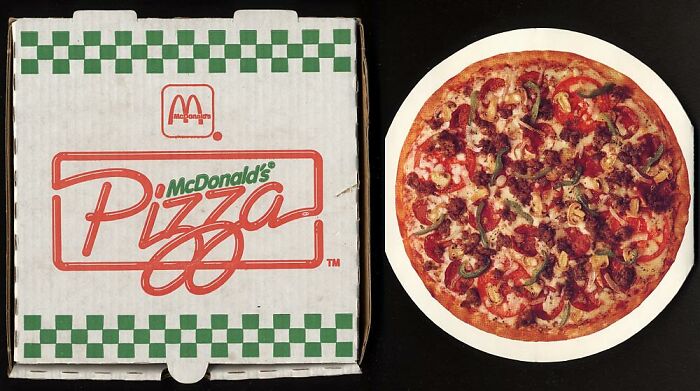 It did not bankrupt them by any stretch, but 30 years ago McDonalds started selling pizza. They invested millions and it crashed and burned spectacularly.
It did not bankrupt them by any stretch, but 30 years ago McDonalds started selling pizza. They invested millions and it crashed and burned spectacularly.
The reason McDonalds started selling fresh-baked muffins is they had to do something with the pizza ovens. -
8.
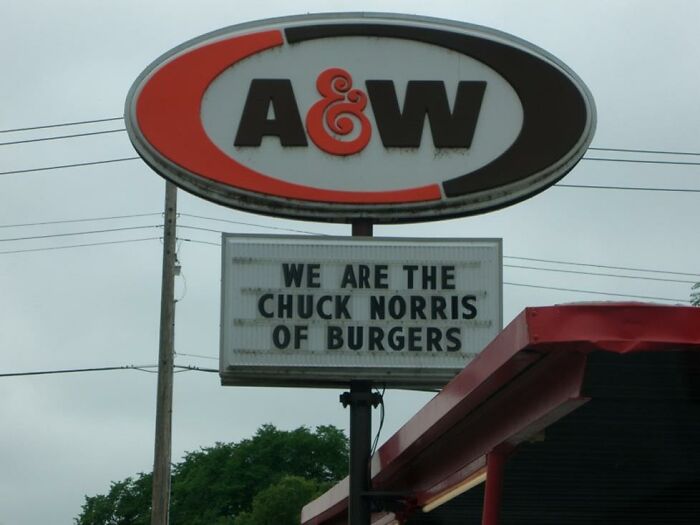 An A&W burger company tried to outsell McDonald's 1/4 pounder with a 1/3 pounder but Americans thought 1/3 was less than 1/4 so it failed really fast.
An A&W burger company tried to outsell McDonald's 1/4 pounder with a 1/3 pounder but Americans thought 1/3 was less than 1/4 so it failed really fast. -
9.
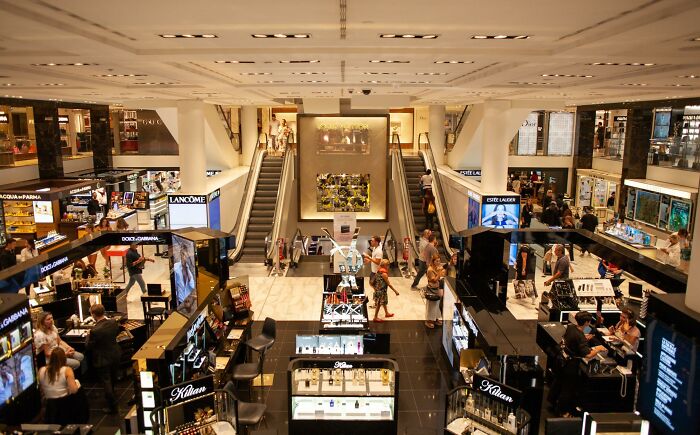 My hometown's shopping mall and movie theater made a rule that no one under 18 could enter after 3pm without a parent present. This included the week and weekend.
My hometown's shopping mall and movie theater made a rule that no one under 18 could enter after 3pm without a parent present. This included the week and weekend.
You know how malls survive without teenagers with disposable income? They don't. -
10.
 Yahoo bought Tumblr for $1.1 billion and sold it for $3 million 6 years later.
Yahoo bought Tumblr for $1.1 billion and sold it for $3 million 6 years later. -
11.
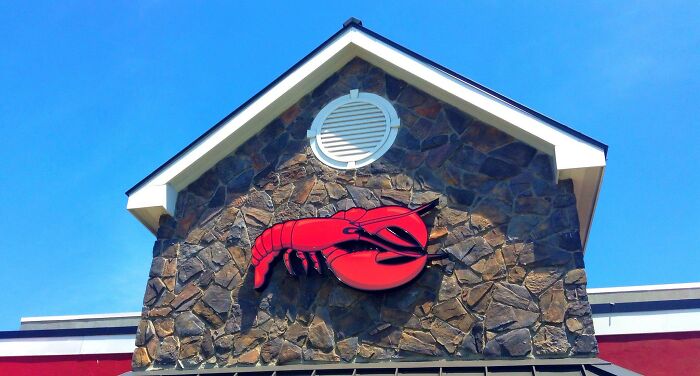 One time Red Lobster offered an unlimited king crab leg deal, because they brought the servings out slowly and were like 'nobody is gonna sit there for 6 hours and just eat king crab legs'.
One time Red Lobster offered an unlimited king crab leg deal, because they brought the servings out slowly and were like 'nobody is gonna sit there for 6 hours and just eat king crab legs'.
Actually, lots of people did. Red Lobster lost millions. -
12.
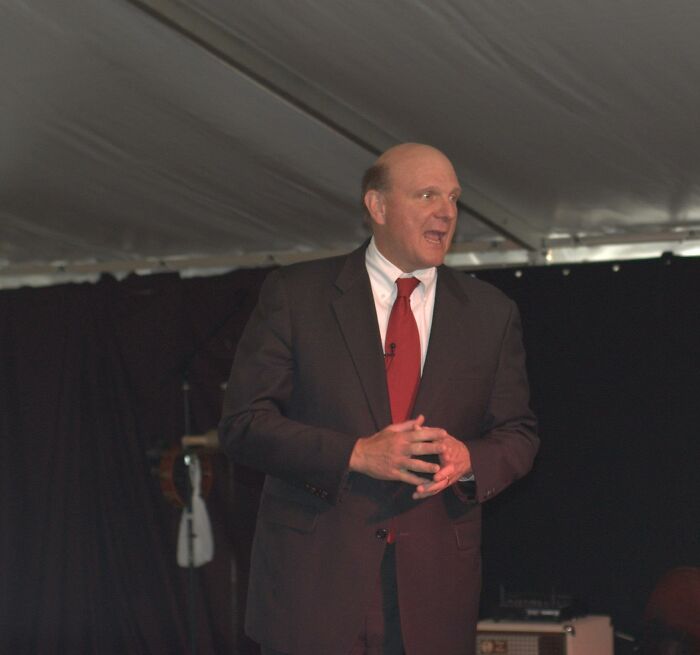 Steve Ballmer nearly killed Microsoft. He thought smart phones were stupid. He thought the cloud was dumb. And did a few more things that were just egregiously stupid, and took on a lot of debt. Their new CEO is doing a great job though.
Steve Ballmer nearly killed Microsoft. He thought smart phones were stupid. He thought the cloud was dumb. And did a few more things that were just egregiously stupid, and took on a lot of debt. Their new CEO is doing a great job though. -
13.
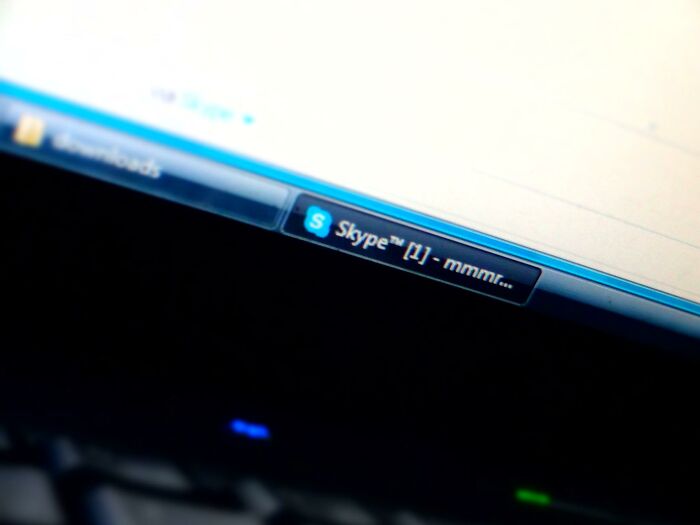 I don’t know if they’re gone but Skype soiled their pants during the race that they had market lead and ten years of practice in.
I don’t know if they’re gone but Skype soiled their pants during the race that they had market lead and ten years of practice in.
Then covid hit and everyone was stuck in doors but wanted to still talk face to face. Zoom popped up while Skype was cleaning up in the bathroom. -
14.
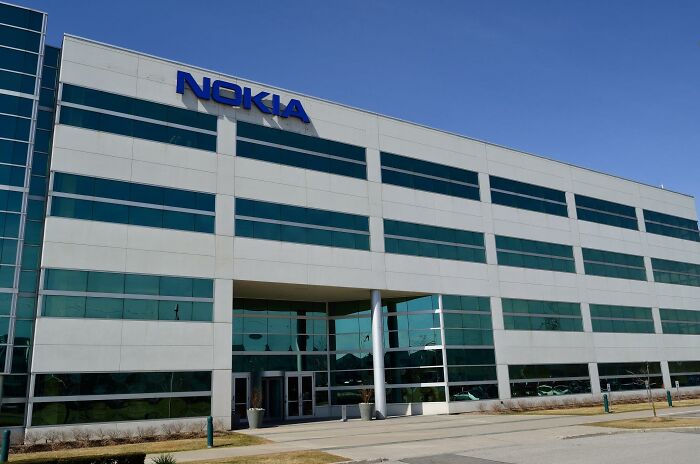 Nokia. Never made the transition to smartphone, now it's as good as dead.
Nokia. Never made the transition to smartphone, now it's as good as dead. -
15.
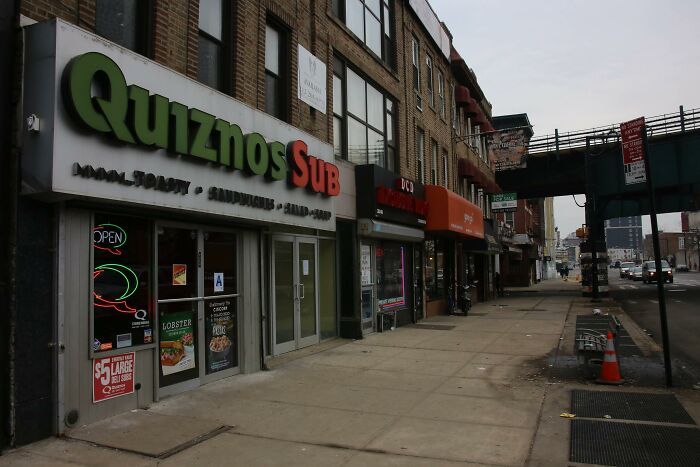 Quiznos.Corporate office decided to buy the vendors, and then contract all of the franchises to only buy materials from Corporate with a price hike.The margins got way too high and all of the stores went out of business. They shot themselves straight in the foot.
Quiznos.Corporate office decided to buy the vendors, and then contract all of the franchises to only buy materials from Corporate with a price hike.The margins got way too high and all of the stores went out of business. They shot themselves straight in the foot. -
16.
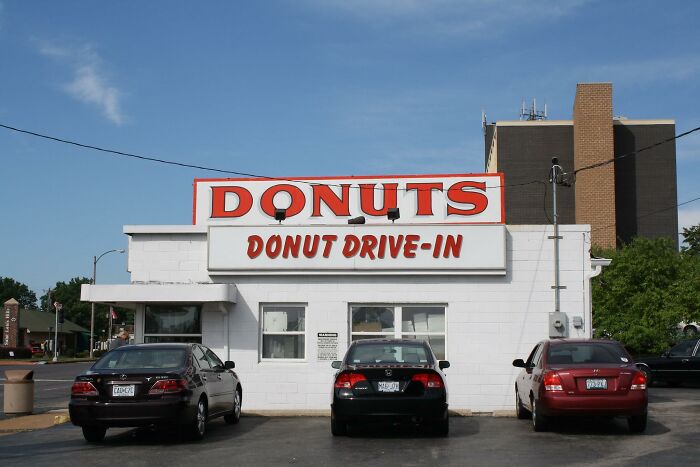 There was a donut shop by my high school. Opened at 6am and closed at 5pm so students would be there every day before school started at 7:30 and after school ended at 2:15. They changed their hours to 8am-3pm and couldn’t make anymore money. They shut down a few months after the change.
There was a donut shop by my high school. Opened at 6am and closed at 5pm so students would be there every day before school started at 7:30 and after school ended at 2:15. They changed their hours to 8am-3pm and couldn’t make anymore money. They shut down a few months after the change. -
17.
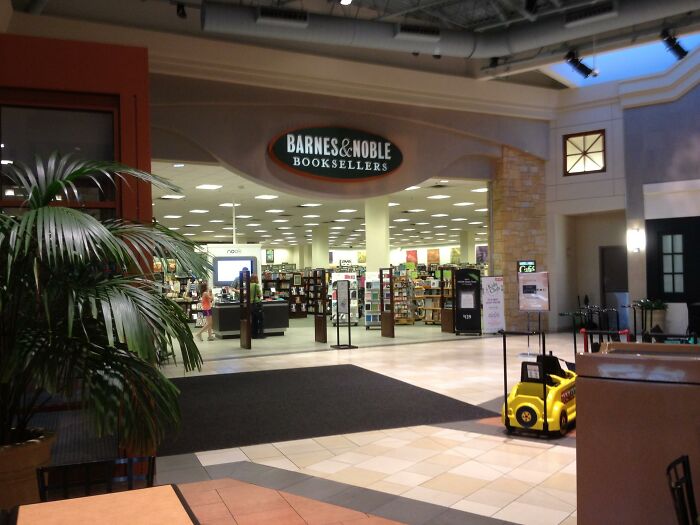 Barnes and Noble. They just kept making bigger stores with less and less books.
Barnes and Noble. They just kept making bigger stores with less and less books. -
18.
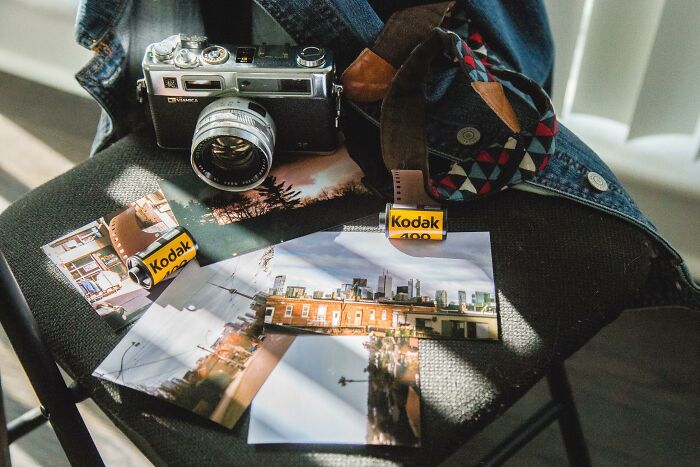 Kodak completely went under when they chose not to adopt digital photography. They eventually came back several years later, somehow.
Kodak completely went under when they chose not to adopt digital photography. They eventually came back several years later, somehow. -
19.
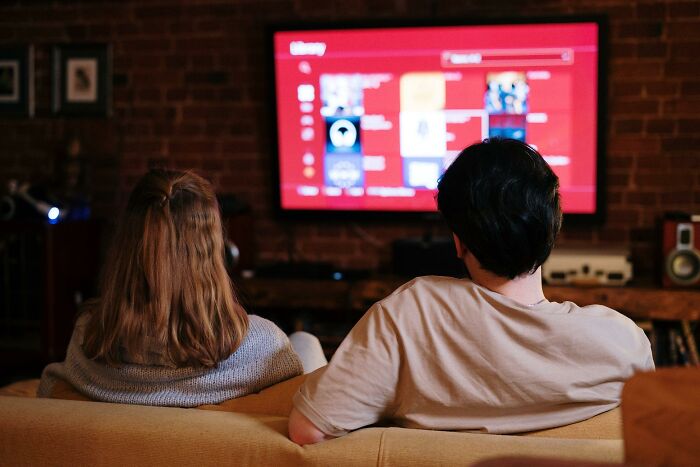 MoviePass was a weird one. Their model was too good to be true. They lost money on every subscriber who was seeing more than 2 movies a month which was almost all of their subscribers.
MoviePass was a weird one. Their model was too good to be true. They lost money on every subscriber who was seeing more than 2 movies a month which was almost all of their subscribers.
That on top of the local movie theater offering infinite refill year long popcorn buckets for like 60 bucks and we abused both to the max. Easily spent the cost 50x over. We saw like every movie that came out in like groups of 7-8 people off of 2 cards and 1 bucket. It was a wild time. -
20.
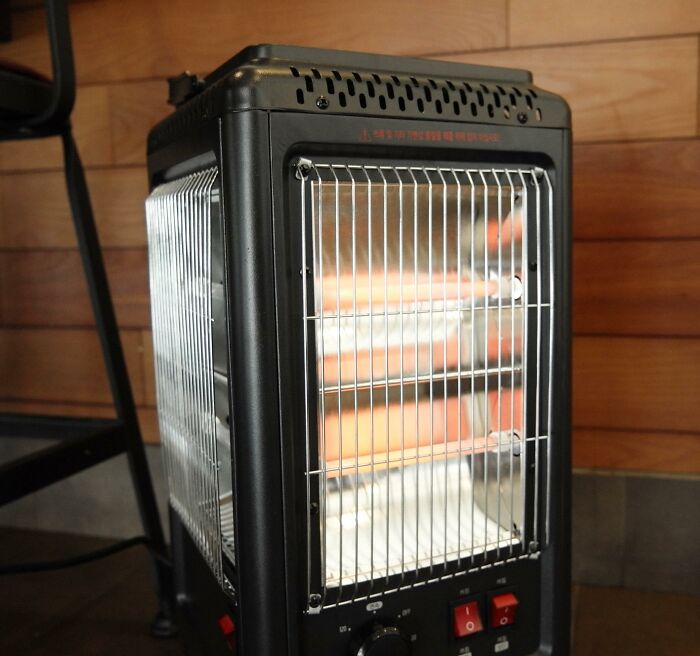 Not a company, but a country. the Northern Ireland renewable heat incentive. Basically, they came up with the bright idea of encouraging people to use renewable power by paying people to do so. Except you got more back per unit than the cost per unit. So people would buy an electric heater, put it on 24/7, get the money, use the extra money to buy another heater, plug that in for 24/7, get more money, buy another heater and so on. £500 million later they realized it wasn't such a good idea, the government collapsed and didn't reform again for 3 years.
Not a company, but a country. the Northern Ireland renewable heat incentive. Basically, they came up with the bright idea of encouraging people to use renewable power by paying people to do so. Except you got more back per unit than the cost per unit. So people would buy an electric heater, put it on 24/7, get the money, use the extra money to buy another heater, plug that in for 24/7, get more money, buy another heater and so on. £500 million later they realized it wasn't such a good idea, the government collapsed and didn't reform again for 3 years. -
21.
 In 2012, after a three-year hiatus in the sport, F1 team Lotus signed driver Kimi Raikkonen for the 2012 season.
In 2012, after a three-year hiatus in the sport, F1 team Lotus signed driver Kimi Raikkonen for the 2012 season.
His contract included a clause that stated that Raikonnen would earn 50,000 euros for every point he scored in the two seasons of his contract.
Raikonnen then went on to finish third in the 2012 championship, and 5th in the 2013 season, which was exceptionally impressive for Lotus.
In doing this, he got 390 points in two seasons, and Lotus had to pay him 50,000 euros for each point, so he earned 19.5 million euros off of that bonus alone, which lead to Lotus almost filing for bankruptcy. -
22.
 Borders Books. It had a chance to be Amazon and turned it down.
Borders Books. It had a chance to be Amazon and turned it down.
Amazon Books, as it was then called, was a small online bookseller. It had a rather incompetent search engine, titles were misclassified, and it dabbled in office supplies. It was one early "e-tailer" among many. Amazon's pitch was that it was trying to be an online version of the retail giant Staples and it could ship quickly.
Then a conversation happened with the giant Borders Books. This Internet thing was starting to look like it would harm retail sales, so Borders contacted Amazon, and asked them to build some online inventory, a web-storefront and a sales management system.
Because of the dot-com bust, Borders got spooked. The Internet was a passing fad. Amazon could keep the system, Borders wanted out. By 2007, Borders ended its marketing alliance with Amazon, but Amazon had began using the system it built for Borders: Amazon did keep the system. It was a much, much better system than Amazon was using itself. -
23.
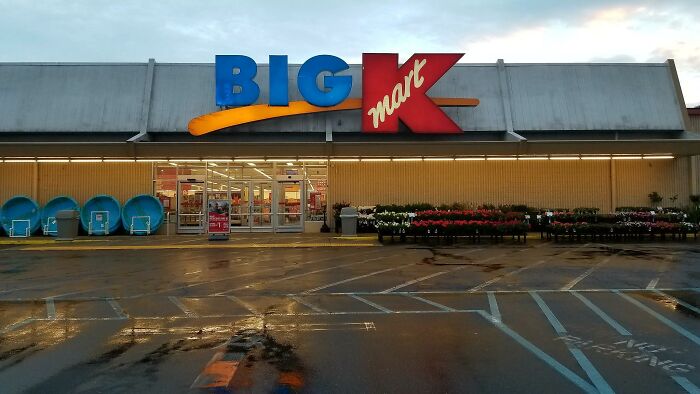 I used to work at Kmart. They never bothered to update any of the store layouts, and they were more concerned with signing people up for their rewards card and/or credit cards, which led to longer lines, which led to more complaints...you get the idea. Also, the merger with Sears was the final nail in the coffin. Now, all the Kmarts in the area are closed.
I used to work at Kmart. They never bothered to update any of the store layouts, and they were more concerned with signing people up for their rewards card and/or credit cards, which led to longer lines, which led to more complaints...you get the idea. Also, the merger with Sears was the final nail in the coffin. Now, all the Kmarts in the area are closed. -
24.
 Quibi when it decided that 10 minute clips watched in portrait on a commuter train is the future of home entertainment.
Quibi when it decided that 10 minute clips watched in portrait on a commuter train is the future of home entertainment. -
25.
 Yik Yak was completely anonymous message posting at first.
Yik Yak was completely anonymous message posting at first.
I actually talked to the original founders at a start up intern fair in Atlanta back in Nov 2013. And they said their app was supposed to be some online localized public bulletin board where people can post about events or parties or study groups. Obviously it became like a fun anonymous messaging app.
They then obviously started to make it less anonymous by introducing usernames. While they can still be throwaway names like we use on Reddit, it certainly made people lose favor of the app. They eventually shutdown and I think Square acquired their employees for some amount of money. I think between $1-3 mil.
Crazy to think they were at one point valued at $350 mil..
- REPLAY GALLERY
-
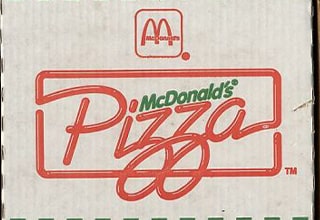
- 23 Companies and Their Bone-Headed Decisions that Went Bad
Sears ended their catalog/mail order business in 1993. For over 100 years they had sold everything from hubcaps to houses via mail order and shipped them all over the country.
Amazon was founded in 1994.
25/25
1/25










7 Comments